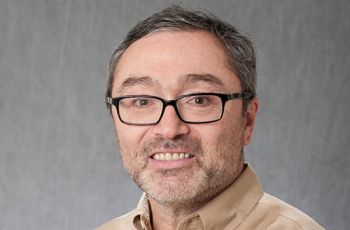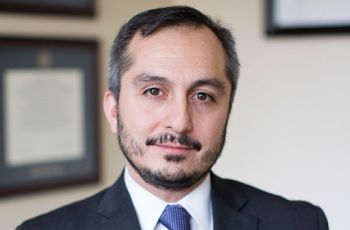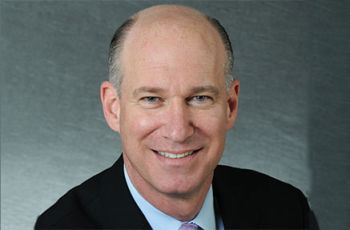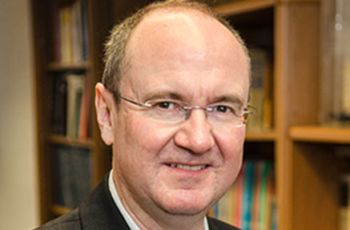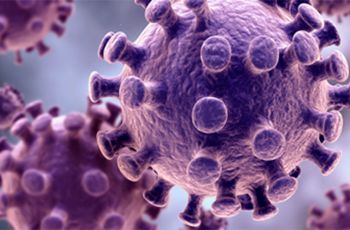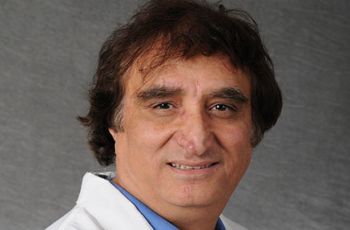HIV-AIDS
Michael Bukrinsky, M.D., Ph.D., professor of microbiology, immunology, and tropical medicine, was featured in Infection Control Today for his recently published research on similarities in the pathogenesis of prion disease — misfolded proteins that can lead to neurological diseases — and…
A study by Michael Bukrinsky, M.D., Ph.D., professor of microbiology, immunology, and tropical medicine, shows similarities in the pathogenesis of prion disease — misfolded proteins that can lead to neurological diseases — and the HIV virus.
Amir Afkhami, M.D., assistant professor of psychiatry and behavioral sciences, was quoted in an Aljazeera America article about a surge in HIV infection in Iran.
Jeffrey S. Akman, M.D., vice president for health affairs and dean of the GW School of Medicine and Health Sciences, was profiled in The Washington Blade. Next week, Akman will be confirmed as the Bloedorn Chair of Administrative Medicine.
The GW School of Medicine and Health Sciences is pleased to announce that HIV/AIDS researcher, Douglas F. Nixon, M.D., Ph.D., will be joining the faculty on Oct. 1, 2013 as the Ross Professor of Basic Science Research and chair of the department of microbiology, immunology, and tropical medicine.
Mudit Tyagi, Ph.D., assistant professor of medicine, has received two federally funded grants to study the dangerous effects of cocaine on those living with HIV.
Imtiaz A. Khan, M.D., professor of microbiology, immunology, and tropical medicine at the George Washington University School of Medicine and Health Sciences, received a $1.6 million federal grant from the National Institute of Allergy and Infectious Diseases to study the effects of microsporidia—…
In 1980, men and women who were diagnosed with the human immunodeficiency virus (HIV) had little to no hope of living long, full lives. Thanks to advances in science and medicine, this is no longer the case.
The southeast African country of Mozambique has endured a tumultuous past. Battered by civil war until 1992, the nation now faces an enemy just as fierce: HIV/AIDS.
Sub-Saharan Africa bears 24 percent of the world’s disease burden, but has just three percent of its health workforce. Training — and retaining — physicians on the continent has been an ongoing challenge.
